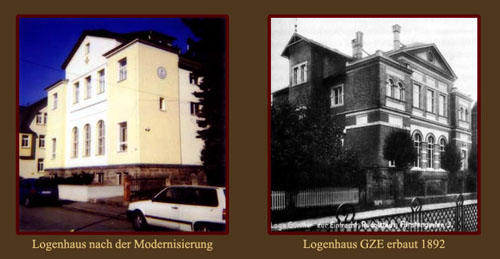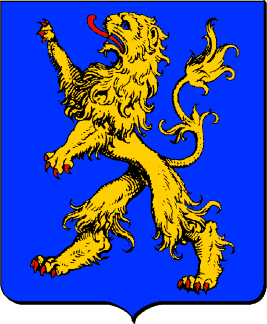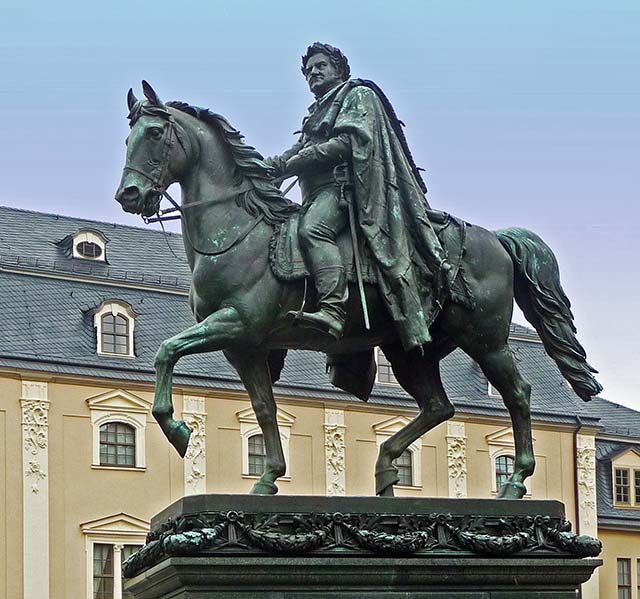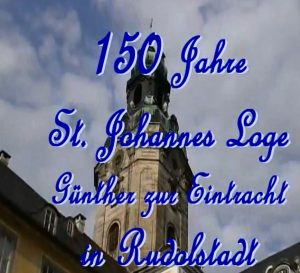We onward go, “To do what is best”
Johann Wolfgang von Goethe wrote in 1815, when everyone was seeking ways to balance each other and remain at peace:
“Versäumt nicht zu üben Die Kräfte des Guten!”
Do not fail to practice the forces of good!
An English translation:
The mason’s trade Observe them well,
Resembles life, And watch them revealing
With all its strife,– How solemn feeling
Is like the stir made And wonderment swell
By man on earth’s face. The hearts of the brave.
Though weal and woe The voice of the blest,
The future may hide, And of spirits on high
Unterrified Seems loudly to cry:
We onward go “To do what is best,
In ne’er changing race. Unceasing endeavour!
A veil of dread “In silence eterne
Hangs heavier still. Here chaplets are twin’d,
Deep slumbers fill That each noble mind
The stars over-head, Its guerdon may earn.–
And the foot-trodden grave. Then hope ye for ever!”
Symbolum
Des Maurers Wandeln,
es gleicht dem Leben,
und sein Bestreben,
es gleicht dem Handeln
der Menschen auf Erden.
Die Zukunft decket
Schmerzen und Glücke.
Schrittweis dem Blicke,
doch ungeschrecket
dringen wir vorwärts.
Und schwer und ferne
hängt eine Hülle
mit Ehrfurcht. Stille
ruhn oben die Sterne
und unten die Gräber.
Betracht sie genauer
und siehe, so melden
im Busen der Helden
sich wandelnde Schauer
und ernste Gefühle.
Doch rufen von drüben
die Stimmen der Geister,
die Stimmen der Meister:
“Versäumt nicht zu üben
die Kräfte des Guten.
Hier winden sich Kronen
in ewiger Stille,
die sollen mit Fülle
die Tätigen lohnen!
Wir heißen euch hoffen.”
Johann Wolfgang von Goethe (1749-1832)




